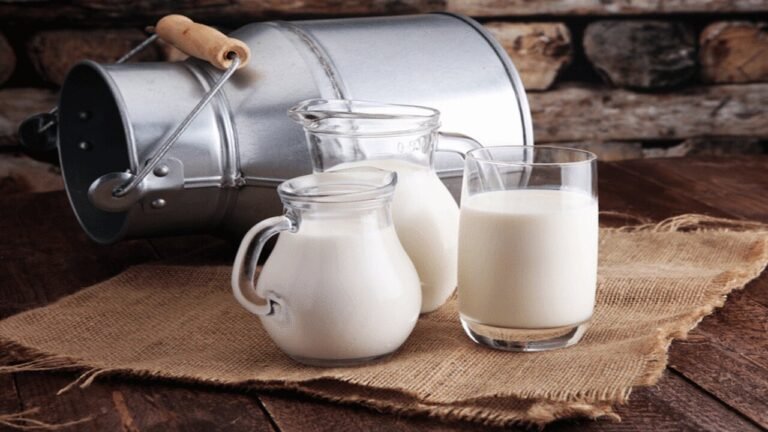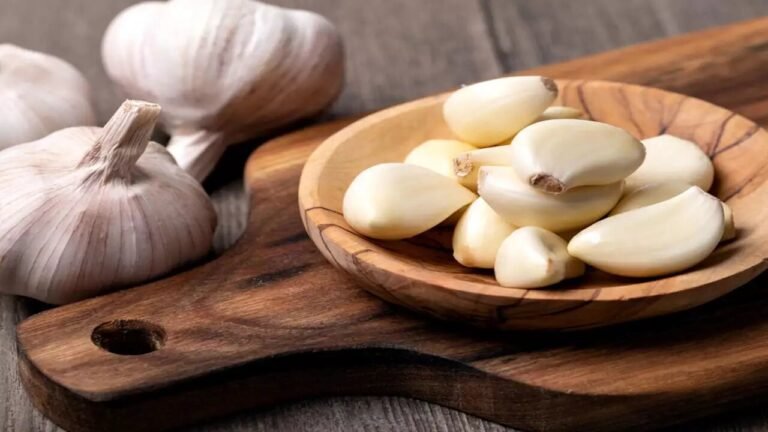Coffee is more than simply a morning pick-me-up; it has numerous possible health advantages.
While a daily cup can boost your energy, it may also help reduce the risk of type 2 diabetes, depression, and weight management.
Read Also: Why You Need To Eat Eggs
Here’s a closer look at nine evidence-based benefits of coffee.
1. Increases Energy Levels
Coffee contains caffeine, which acts as a central nervous system stimulant, fighting exhaustion and increasing energy.
Caffeine inhibits adenosine receptors in the brain, resulting in elevated dopamine levels that help boost energy.
According to studies, caffeine can boost workout performance and lessen weariness.
2. May Reduce the Risk of Type 2 Diabetes
Regular coffee drinking is associated with a lower risk of developing type 2 diabetes.
According to research, each additional cup of coffee drunk daily reduces the likelihood of developing this illness by 6%.
This advantage may be attributed to coffee’s antioxidants and insulin sensitivity.
3. Could promote brain health
Coffee may help prevent neurological illnesses such as Alzheimer’s and Parkinson’s.
Some studies suggest that frequent caffeine use reduces the risk of some illnesses and may halt their progression.
4. May help with weight management.
Coffee may alter fat storage and gut health, potentially benefiting in weight management.
Evidence suggests that drinking more coffee is associated with lower body fat and increased physical activity, both of which can help with weight management.
5. Linked to lower risk of depression
Drinking coffee may lessen the risk of depression.
According to research, drinking one cup of coffee per day reduces the risk of depression by 8%, while drinking four or more cups per day may cut the risk even further.
6. Could Protect Against Liver Conditions
Coffee may have a beneficial effect on liver health.
According to studies, drinking more coffee is associated with reduced rates of liver scarring and cancer, as well as a lower chance of dying from chronic liver disease.
7. Promotes heart health
Regular coffee use may improve heart health. Drinking three to five cups of coffee each day reduces the risk of heart disease and stroke.
Caffeine should be consumed in moderation by people with high blood pressure.
8. May increase longevity
Coffee drinking is linked to a lower risk of death, regardless of other variables such as age or weight.
According to some research, drinking two to four cups of coffee every day may help you live longer.
9. May improve athletic performance
Coffee can act as an ergogenic aid, potentially increasing physical performance.
Consuming coffee before exercise may boost endurance and reduce perceived exertion, but individual responses to caffeine can differ.











